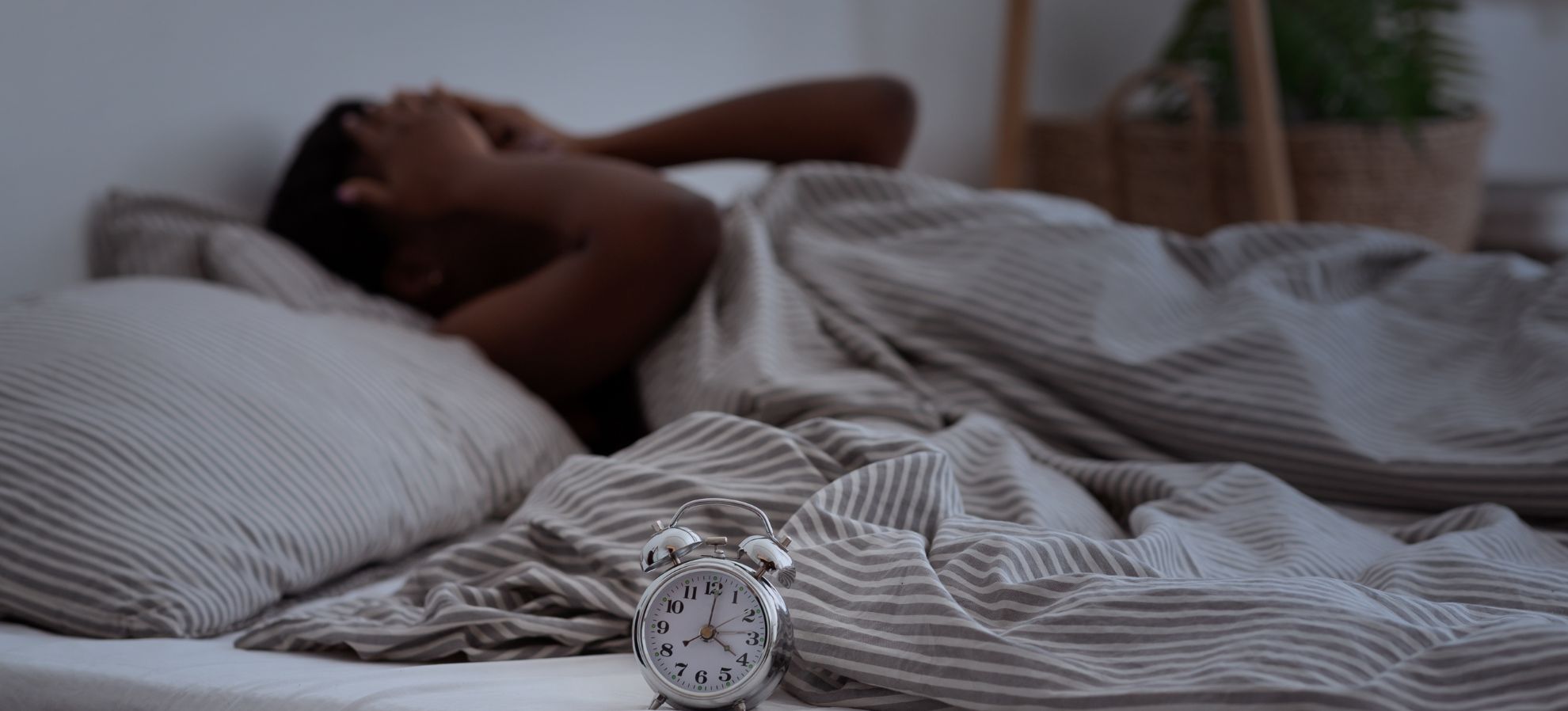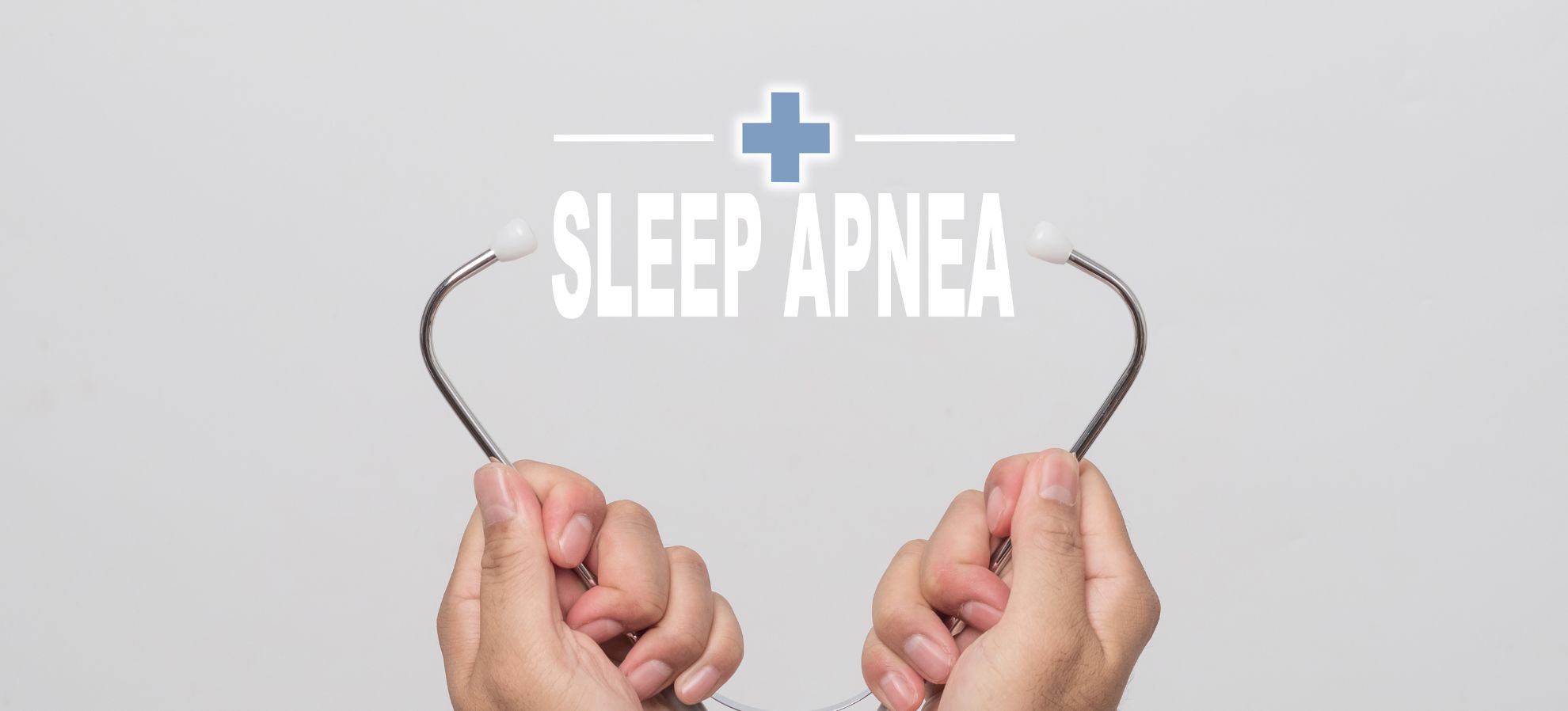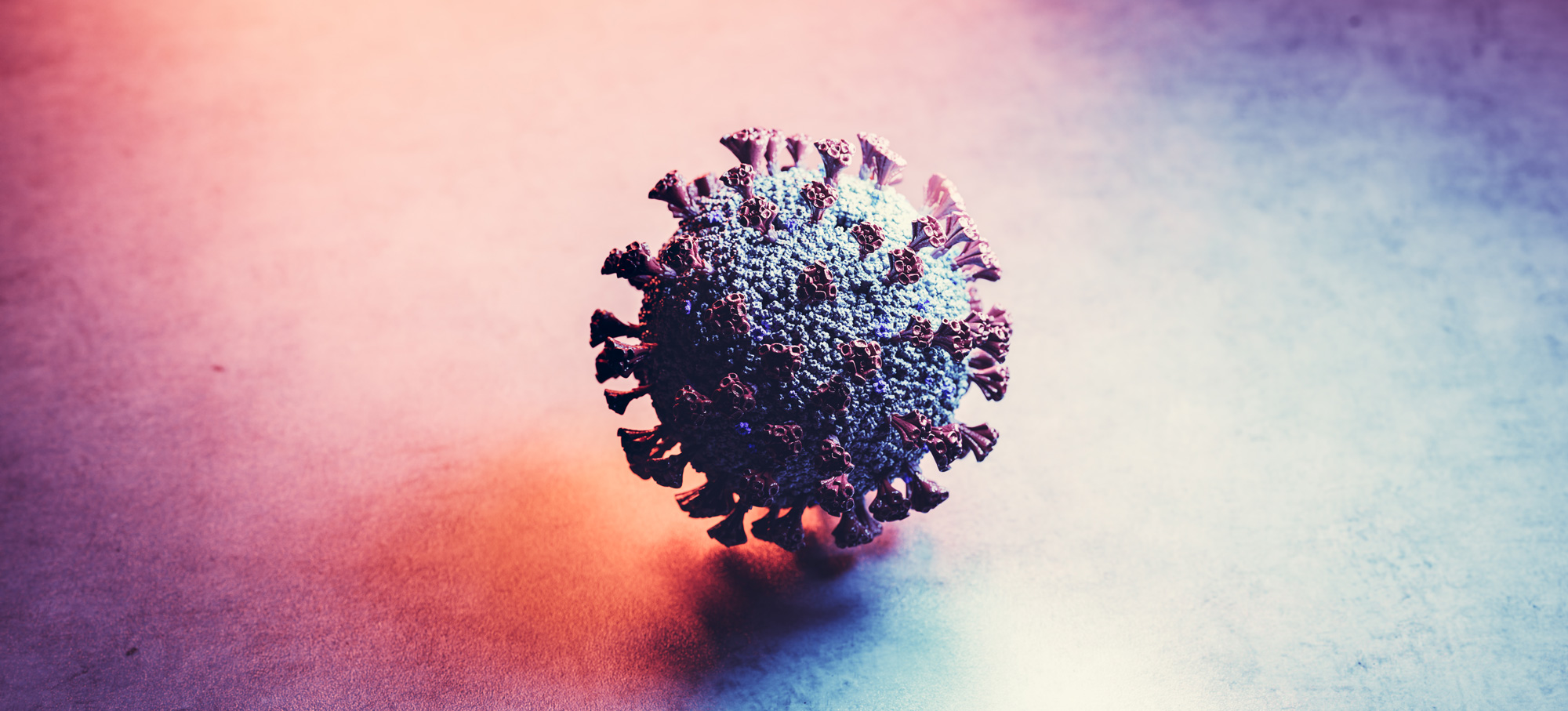Insomnia is one of the most common, yet one of the least understood sleep disorders. Many people believe that all sleep problems are the same, but the reality is that it is not the same thing to suffer from a acute insomniathan to face a short-lived, but to face a chronic insomniaThe treatment can last for months or even years.
Understanding these differences not only helps to identify the problem, but also to seek appropriate help. In this article I explain in detail how acute insomnia and chronic insomnia differ, their causes, consequences and how to treat them to recover the quality of rest.
What is acute insomnia?
The acute insomnia is a temporary sleep disorder that occurs in specific life situations. It is common in times of stress, major changes in routine or after intense emotional events.
Some of the most frequent causes of acute insomnia are:
- Work or personal stress.
- Anxiety about an exam, interview or important project.
- Shift changes at work.
- Long trips with jet lag.
- Excessive use of screens before bedtime.
Acute insomnia lasts less than three months and, although it is annoying, it usually disappears once the cause is resolved.
During this time, the most common symptoms include: difficulty falling asleep, nighttime awakenings, daytime sleepiness, irritability and concentration problems.
What is chronic insomnia?
The chronic insomniais, however, much more persistent. It is diagnosed when sleep problems occur at least three times a week and continue for more than three months.
Among its most common causes are:
- Anxiety or depression disorders.
- Medical conditions that interfere with rest.
- Consumption of alcohol, caffeine or other substances.
- Poor sleep hygiene habits maintained over time.
- Inadequate sleeping environments (noise, light, physical discomfort).
Chronic insomnia does not usually go away on its own. In fact, if left untreated, it can become a serious health problem, associated with increased risk of cardiovascular disease, anxiety, depression and metabolic disorders.
In the section dedicated to the insomnia you will find more information on how to approach it with a specialized approach.
Key differences between acute and chronic insomnia
Although both share symptoms, the main differences are threefold:
- Duration → acute insomnia lasts less than three months, while chronic insomnia lasts beyond that time.
- Cause → acute insomnia is usually due to temporary factors (stress, travel, one-time problems), while chronic insomnia is linked to medical or psychological conditions or lifestyle habits.
- Treatment → acute insomnia is resolved with sleep hygiene measures, while chronic insomnia requires professional intervention and a personalized plan.
How to treat acute insomnia
Acute insomnia improves in most cases with small lifestyle changes. Some recommendations are:
- Maintain regular sleep schedules.
- Reduce caffeine and alcohol consumption.
- Avoid screens before going to sleep.
- Practice relaxation techniques.
- Create a suitable environment: dark, quiet room with stable temperature.
These measures help the body to recover its natural rhythm. However, if problems persist, it is advisable to consult the section on insomnia and seek expert advice.
How to treat chronic insomnia
Chronic insomnia requires a professional approach. It is not enough to apply basic sleep hygiene routines: it is necessary to design a plan adapted to each person.
Among the most effective strategies are:
- Cognitive-behavioral therapy for insomnia (CBT-I) → psychological techniques that help modify negative thoughts and behaviors associated with sleep.
- Rest re-education → analyze current habits and correct those that interfere with sleep.
- Specialized methods like The SSH Methodwhich combines interviews, habit analysis and personalized plans.
- Medical support in cases where there are associated pathologies.
The goal is to achieve restful sleep in a sustainable way, without relying on drugs and with improvements in quality of life.
Health consequences of insomnia
Insomnia affects not only the number of hours slept, but also physical and mental health.
- Constant fatigue and lower work or academic performance.
- Irritability and mood swings.
- Increased risk of anxiety and depression.
- Cardiovascular and metabolic problems in the long term.
- Cognitive deficitsdecreased concentration, memory and decision-making capacity.
According to the World Health OrganizationSleep disorders are a growing problem affecting general well-being and public health.
When to see a sleep specialist?
If you have been having trouble sleeping for more than three months, or if insomnia is significantly affecting your day-to-day life, it's time to seek help.
At What we do you will see how I work on improving sleep from a holistic approach. At We can help you discover how I adapt the treatment according to the profile: students, athletes, executives, companies or security forces.
The earlier the intervention, the easier it will be to regain a restful sleep.
Frequently asked questions about insomnia
Can acute insomnia become chronic?
Yes, if the triggering factors are not resolved and inappropriate habits are maintained, acute insomnia can evolve into a chronic disorder.
Does chronic insomnia require medication?
Not necessarily. The most recommended treatments are cognitive-behavioral therapy and customized plans such as the SSH method. Medication is only used in specific cases and under medical supervision.
How long will it take to see improvements?
Each case is different. With a tailored approach, many people notice positive changes within a few weeks.
Where can I ask for help?
You can do it directly through the contact page or consult more information in the FAQ.
In conclusion, acute and chronic insomnia are not the same. The former usually disappears with time and simple adjustments, while the latter requires professional intervention.
Do not normalize poor sleep. If insomnia is prolonged, seek specialized help. Quality rest is essential for your health, performance and well-being.
👉 Descubre más en la página sobre insomnia.
👉 Explora el SSH method to recover your sleep in a personalized way.
👉 O contacta conmigo desde la contact page to take the first step.




